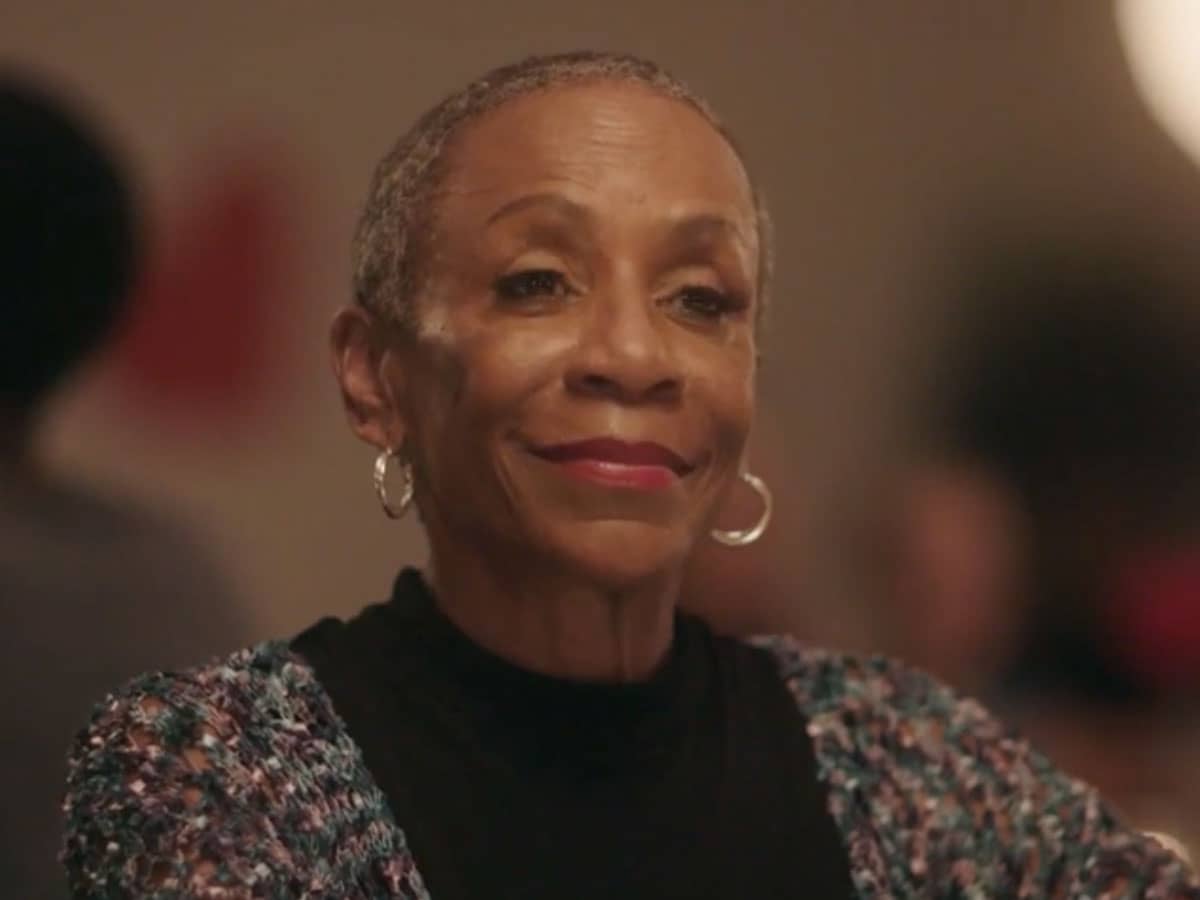On the other hand, "Cast Away," the new film by Robert Zemeckis and starring Tom Hanks, comes with baggage. Heavy baggage. Shooting for "Cast Away" began in January 1999, then stopped for a year while Hanks lost more than 50 pounds for the second part of the film. For two years, we've watched Tom Hanks' physical preparations for the role--losing weight, growing a rabbinical beard--on lots of magazine covers, in lots of interviews, and on many, many segments of "Access Hollywood."
And that was before "Survivor" struck. This summer, America spent three solid months obsessing over people stranded on a desert island, guaranteeing that, however unfairly, the public would juxtapose Rudy and Rich with Hanks.
Yet despite this baggage--in fact despite all its problems--"Cast Away" succeeds. Before Chuck Noland (played by Hanks) ends up marooned, we glimpse his life as a Federal Express troubleshooter. "We live and die by the clock," he tells a group of Russian Fed-Ex employees. Before launching off to solve yet another time crunch for Fed Ex, we also see him propose, on Christmas Eve, to his long-time girlfriend (Helen Hunt).
Then, for the next 90 minutes or so, Noland has nothing. No phones, no lights, no motorcars. Not a single luxury. What he does get to play off of are the fruits of Fed-Ex. Packages from the company plane he was on slowly wash ashore, and in these treasures he finds ice skates, a fancy cocktail dress, and a volleyball, each of which becomes crucial to his survival. The only package he doesn't open is one marked with a pair of angel wings, which becomes his talisman.
In the island portion of the film, Zemeckis and Broyles file a brief in the case of Locke v. Rousseau, coming down squarely on the side of civilization: There is nothing either romantic, or even beautiful, about the island Noland is stranded on. It is a prison. "Cast Away" shows that the flawed community of man beats the anarchy of nature every day of the week.
Zemeckis is aided by a bravura performance from Hanks. The script, by William Broyles, brings to mind William Goldman's dictum that great screenwriting isn't always about writing great dialogue. With barely 40 pages of spoken words, Broyles has crafted a deeply resonant narrative. "Cast Away" is of course deeply earnest. We're used to convincing earnestness from Hanks, but here it is a team effort by those who brought you both "Forrest Gump" (Hanks and Zemeckis) and "Apollo 13" (Hanks again, and as co-writer, Broyles), and it makes the movie.
The most earnest notion raised in "Cast Away" is really its overarching theme: faith. Chuck Noland, the perfect modern engineer, is busy, intelligent, and secularized. Survival, in his stopwatched world, isn't something you leave to faith. But on the island, he finds physical survival is comparatively easy to get the hang of; it's spiritual survival that's the challenge. And that challenge leads him to faith. He must believe that something will lead him home, that he's being provided for by something bigger than himself. And like other sincere men of science, he comes to believe that that Bigger Thing doesn't throw dice.

